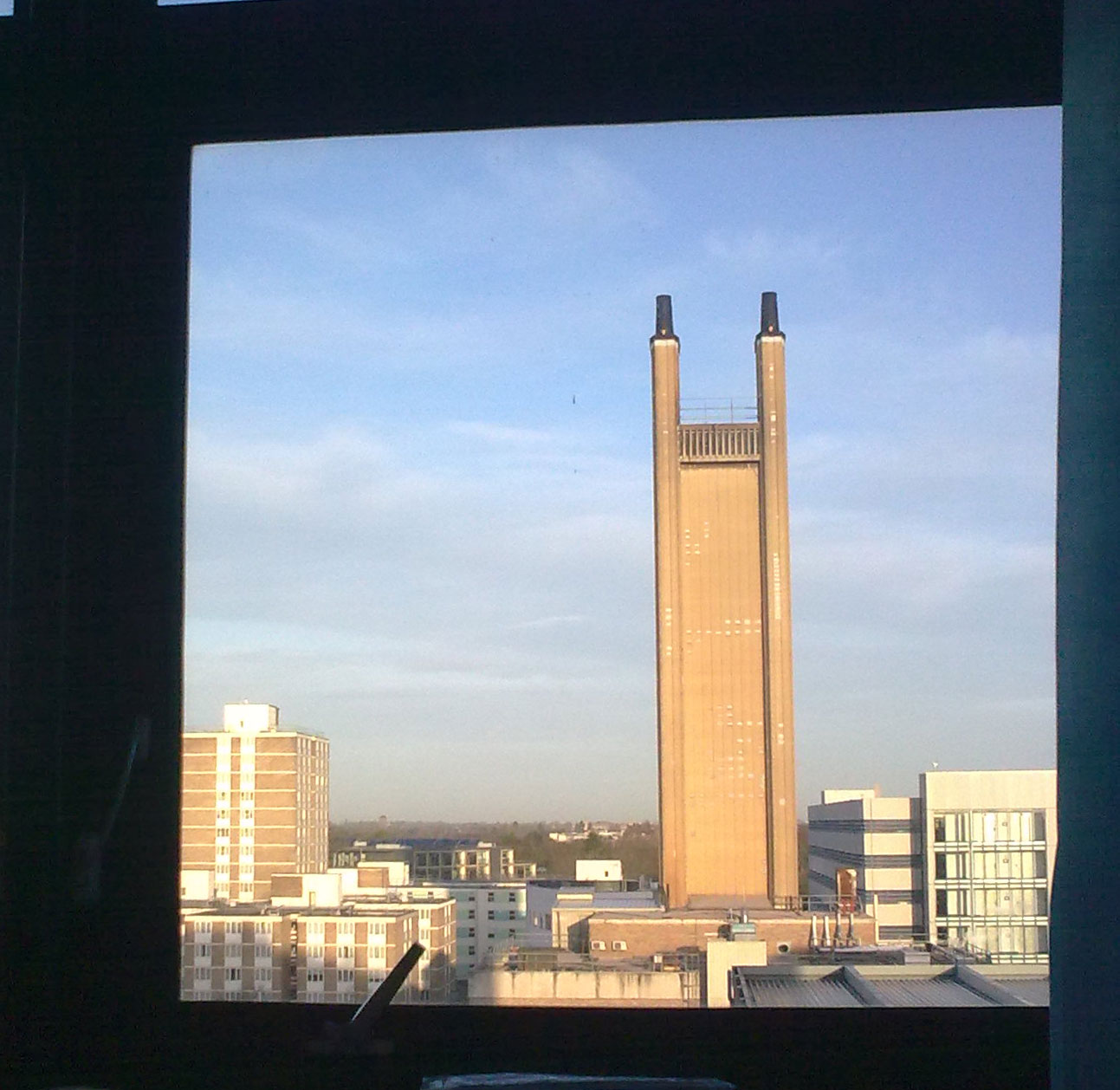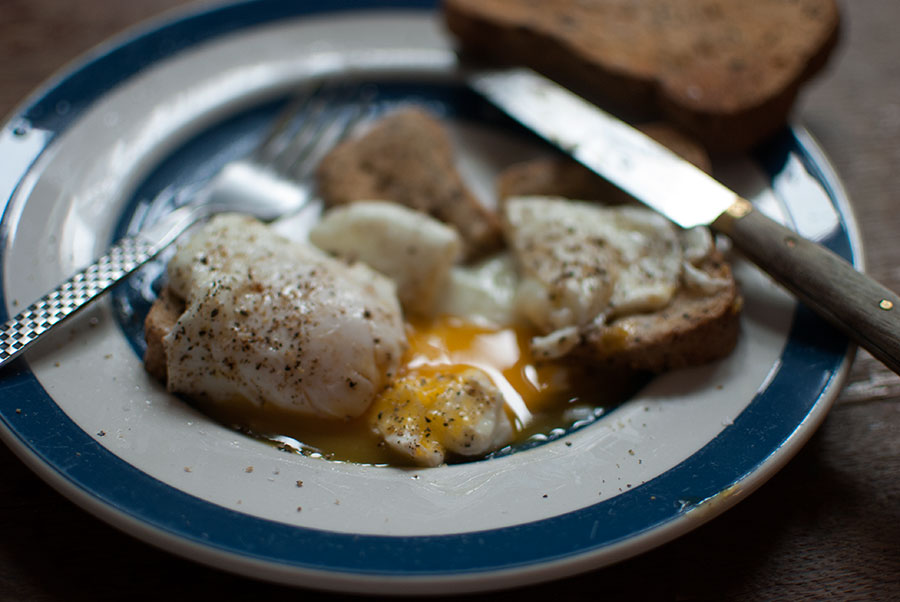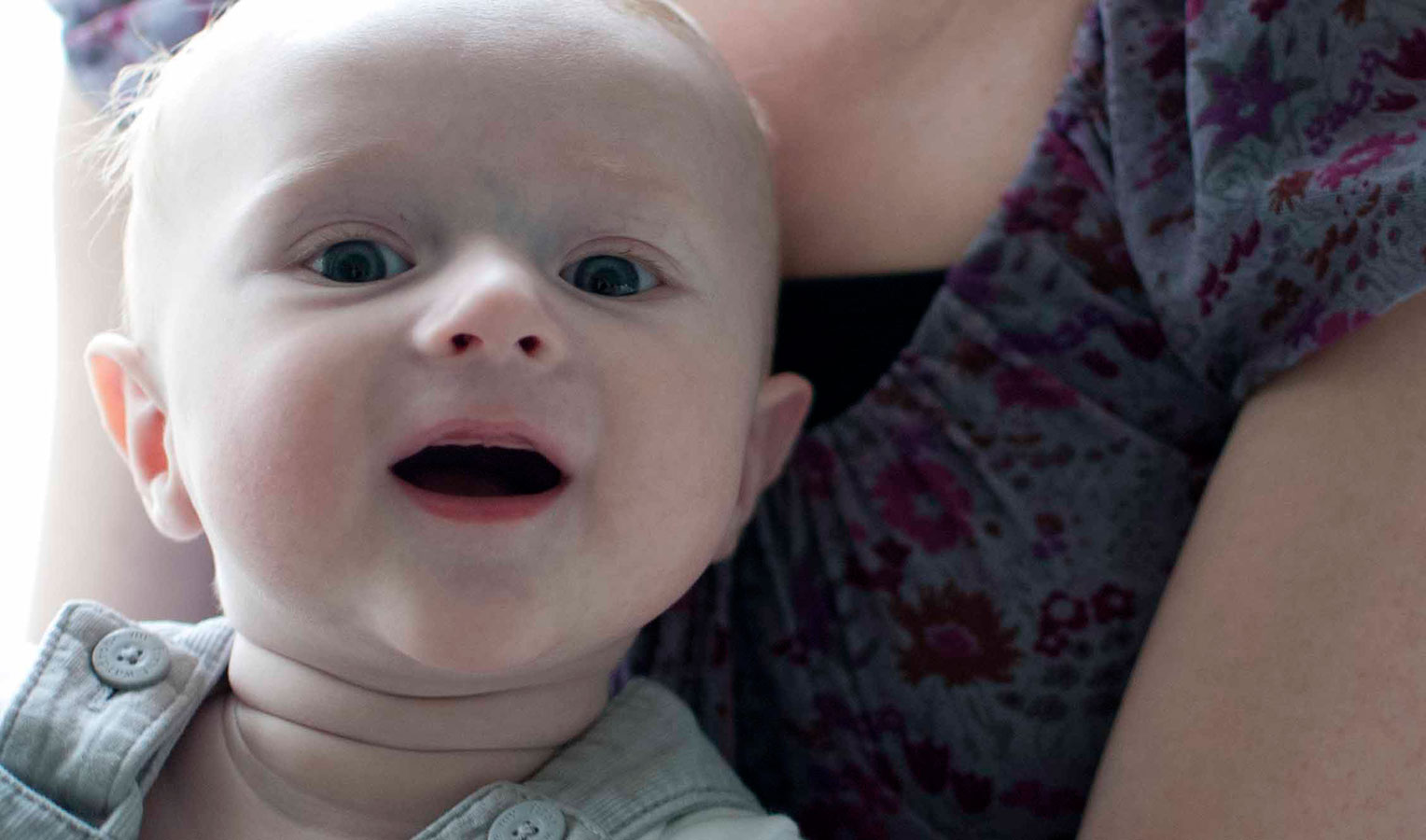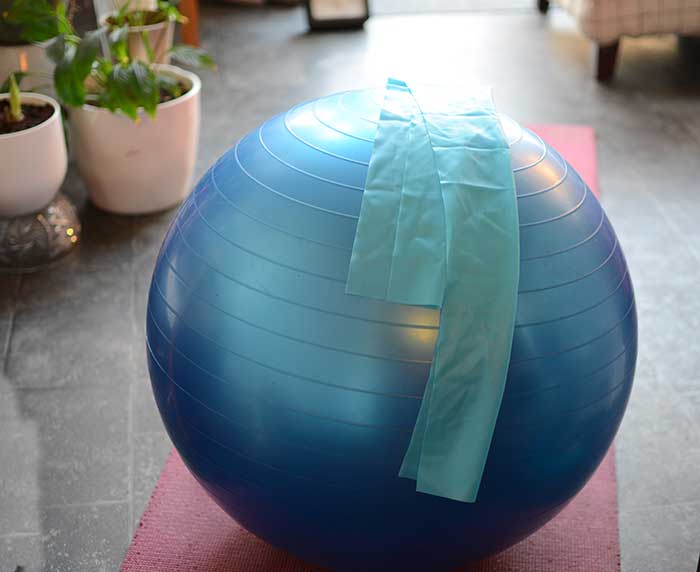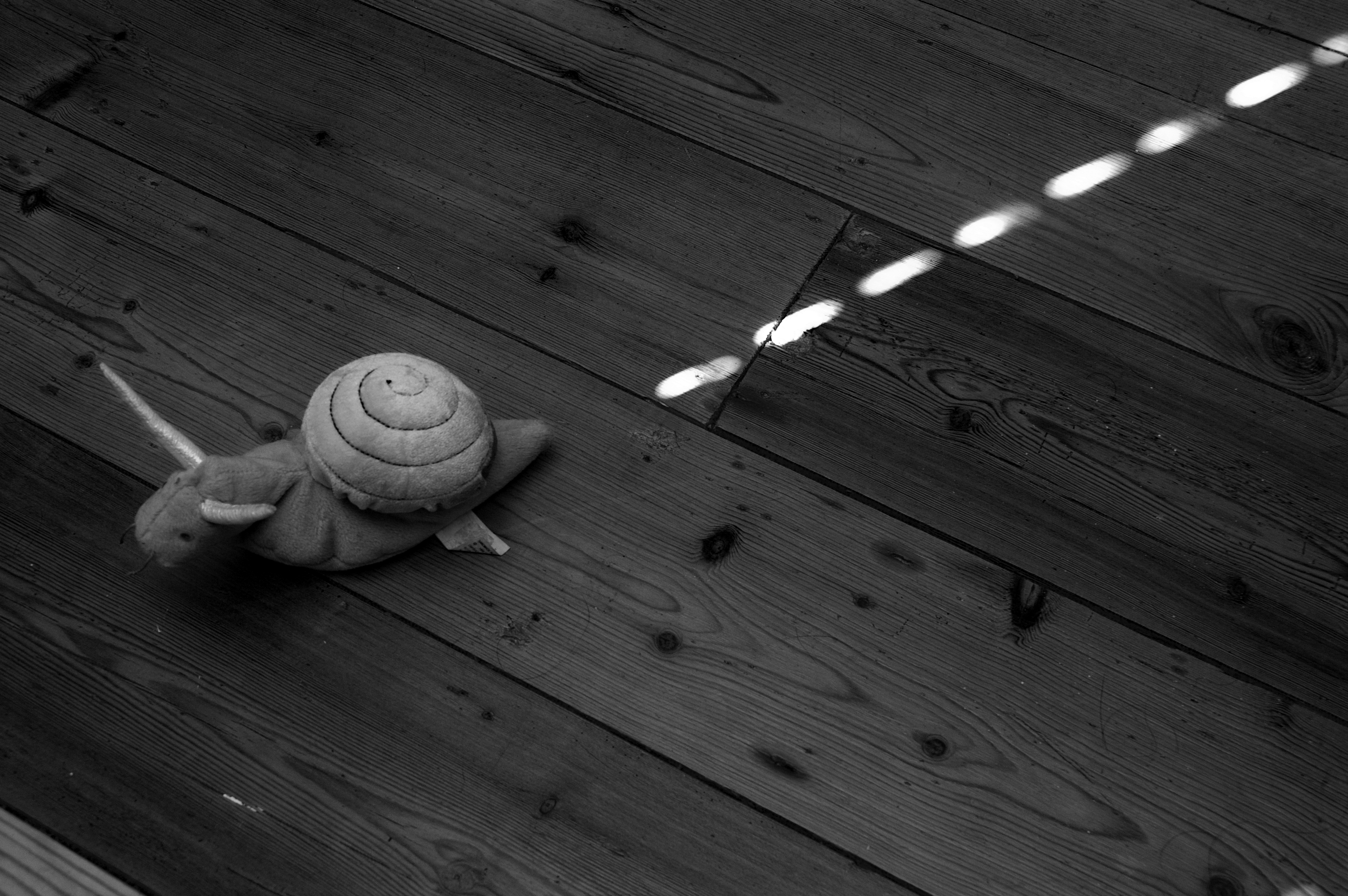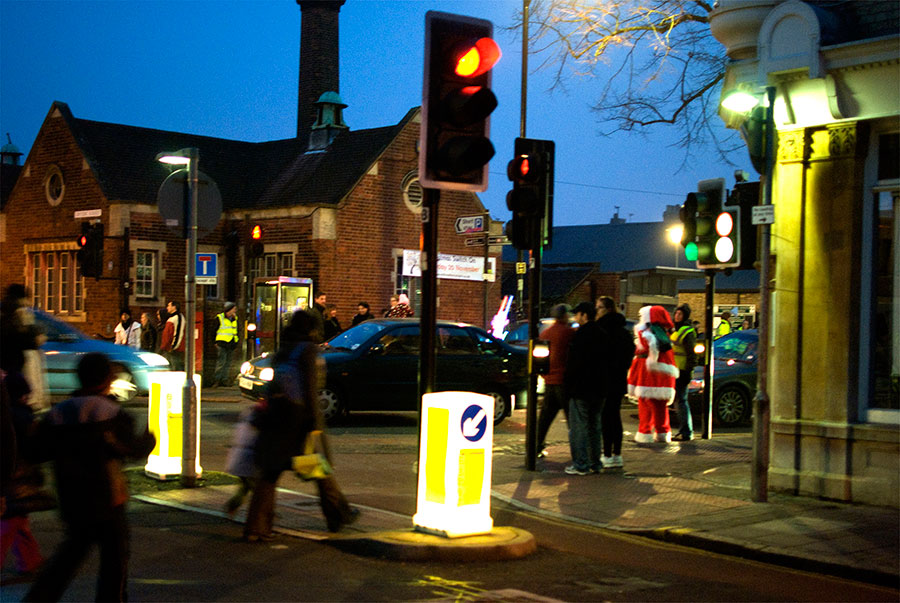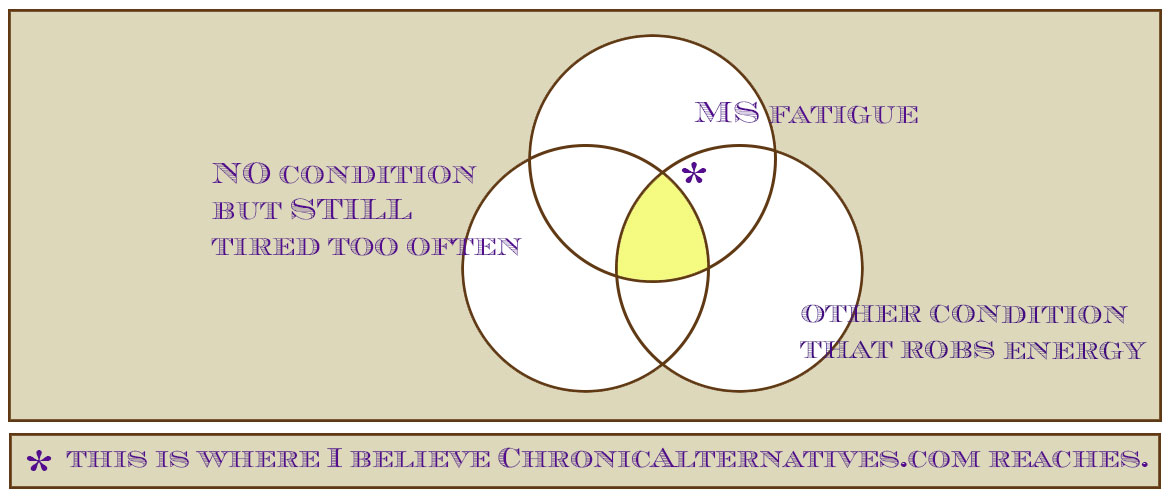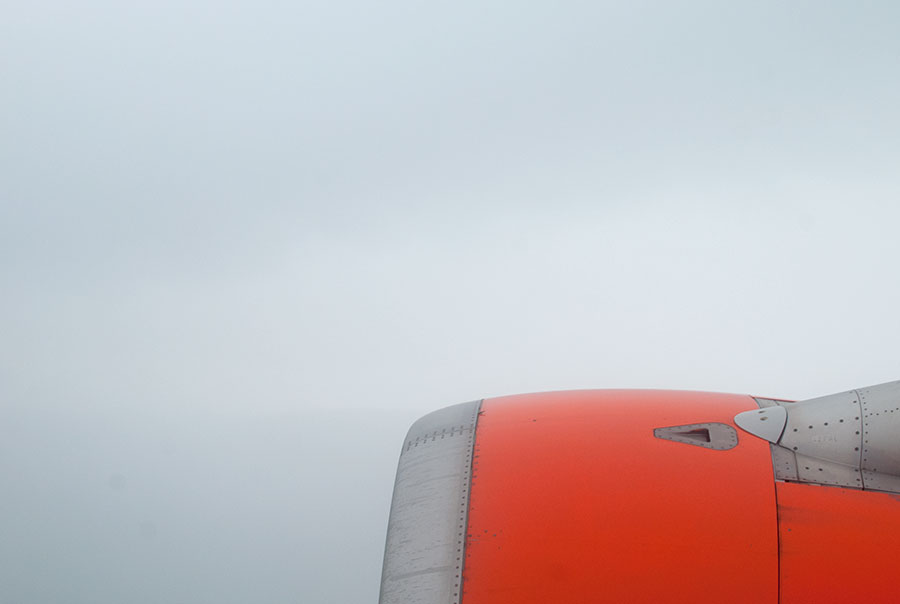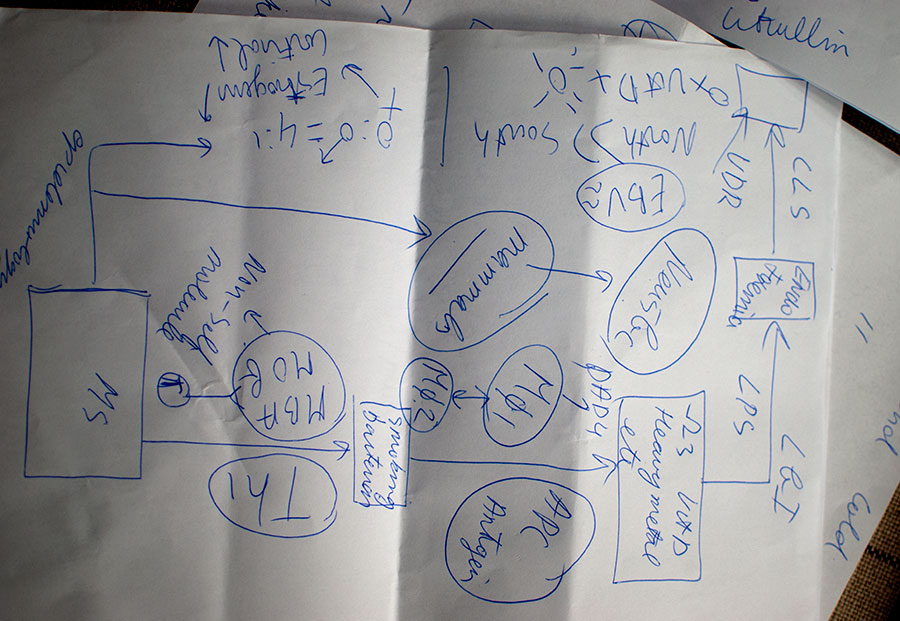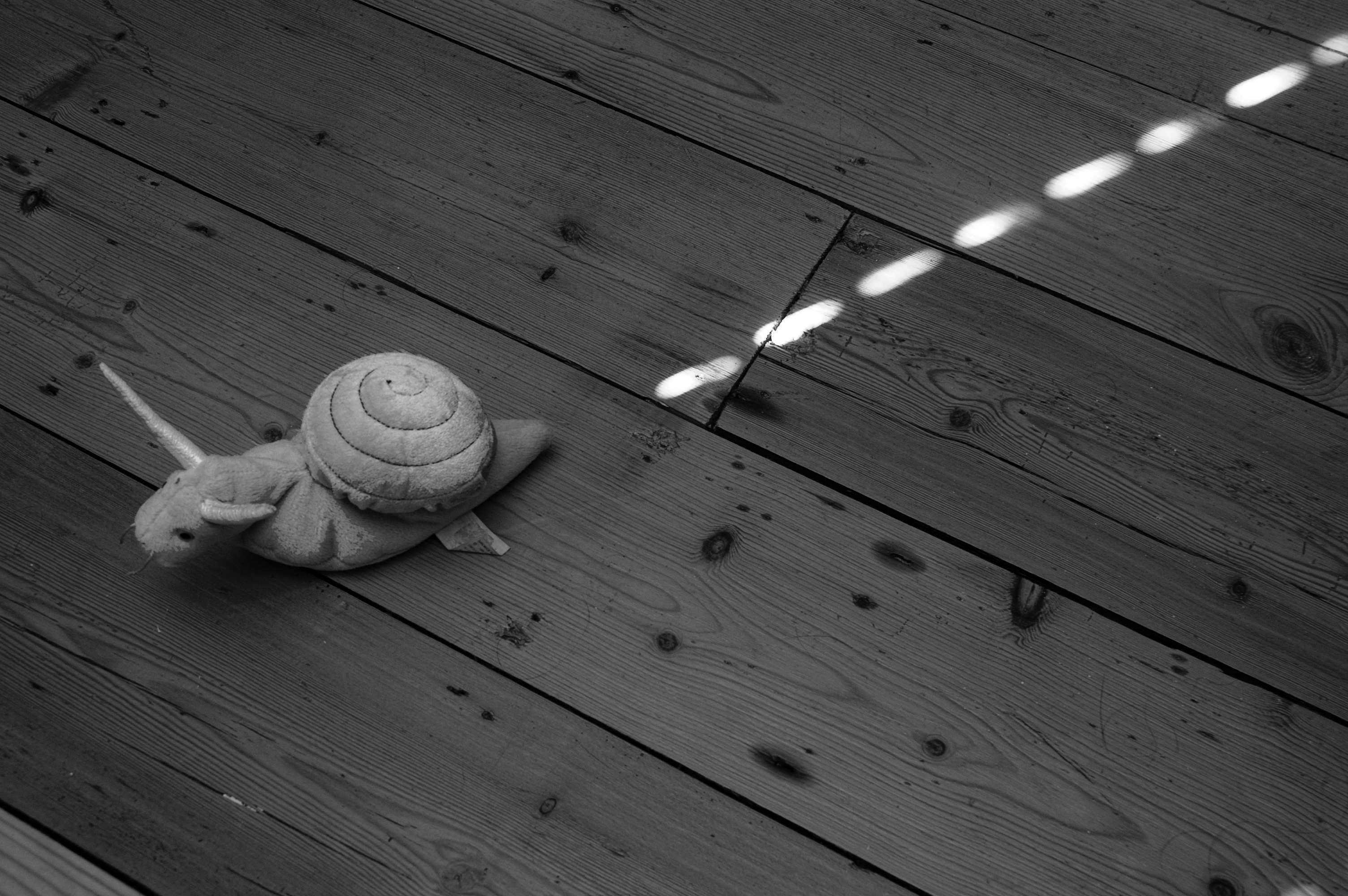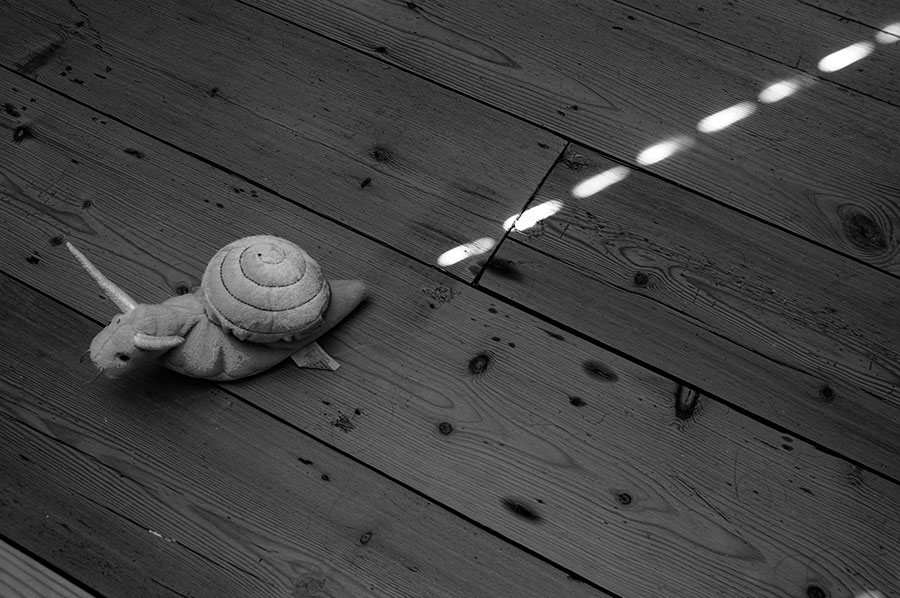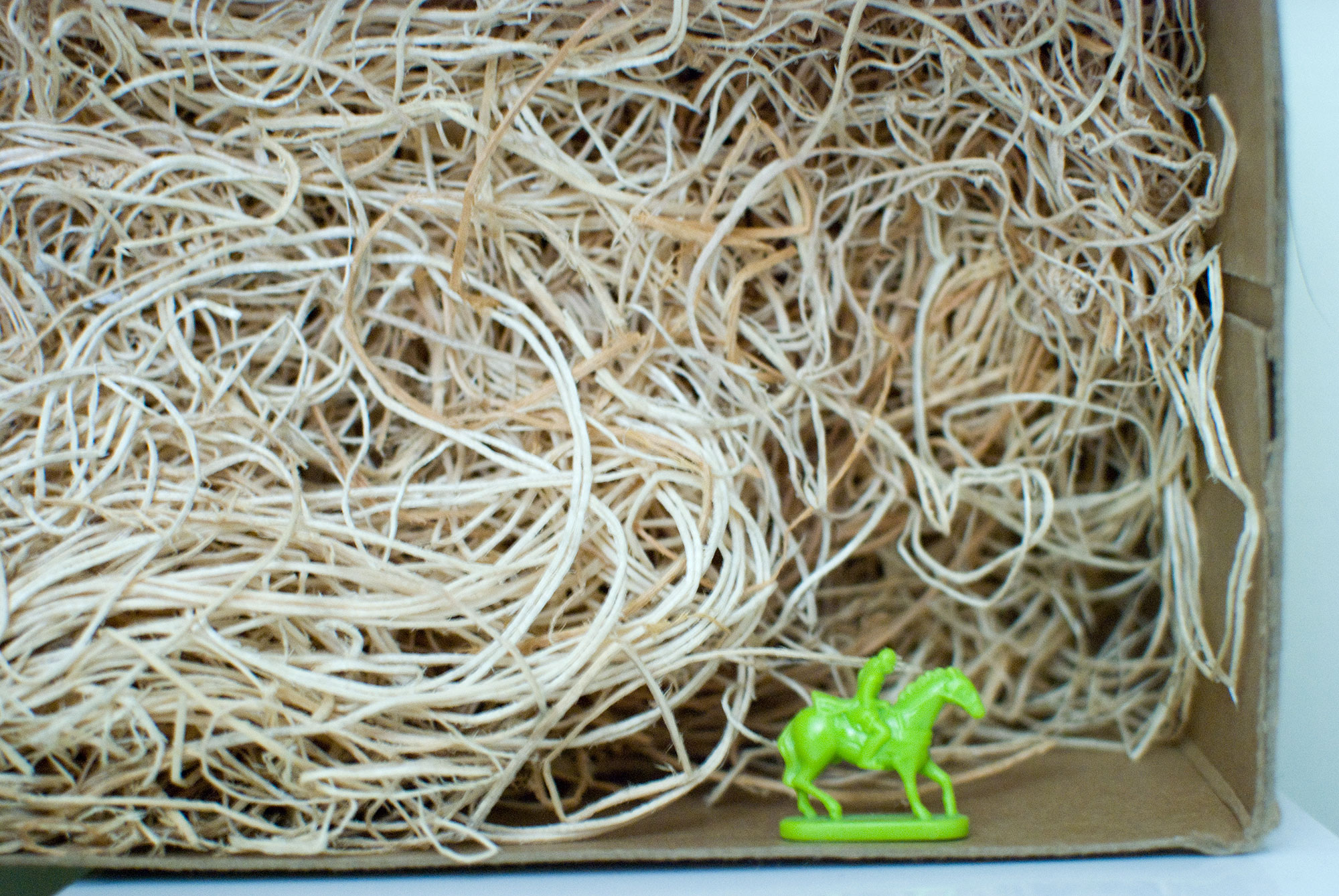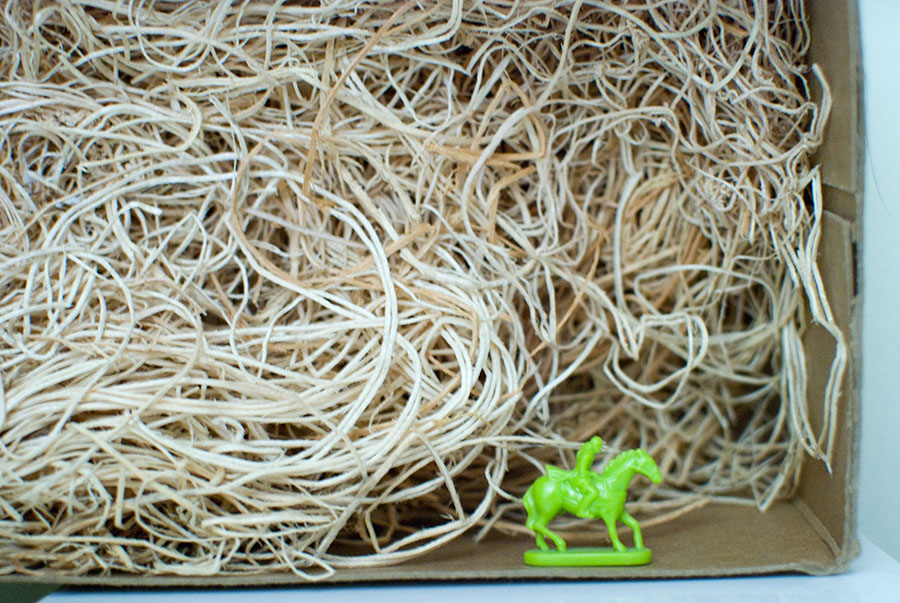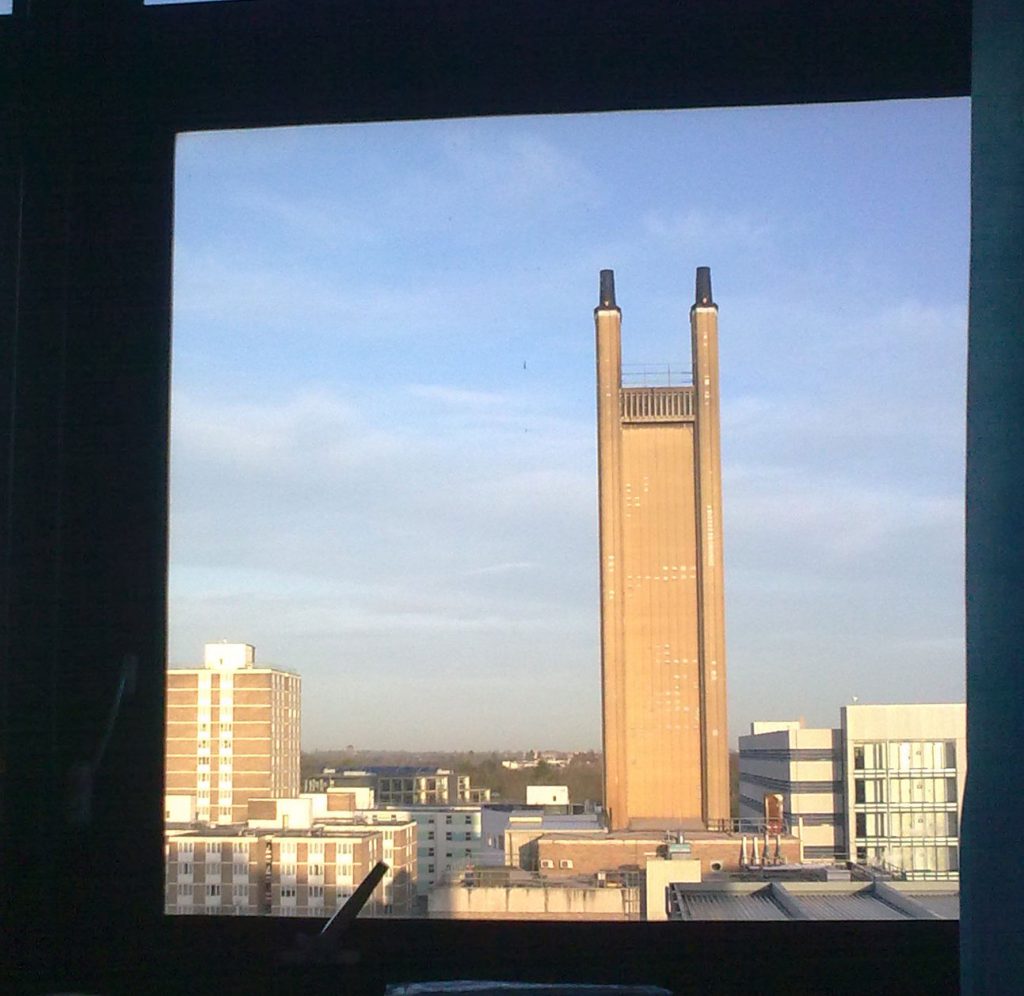
Happy 2020!
I’ve been away from my website for some time (some of which was under my control some of it less so).
I’ve been taking collagen most days especially while my broken ankle heals.
A bimalleolar fracture wasn’t talked about on the ward (many and fairly varied painkillers might have interfered with my memory at the time.)
Both bones in the calf required pins to stop the healed bones in the future growing unevenly. General anaesthetic and an operation (might also have got in the way of perfect recall). It was mentioned on the consultant’s rounds.
The discharge notes were far drier and used other long words.
This is the second week of my second cast (wasn’t mentioned).
Here I’d like to update a previous post about collagen. I hadn’t posted (my mistake) about collagen but ginger!
Both good for a body but in different ways.
With collagen we need to take vitamin C.
Preferably liposomal as it gets into our cells better than the traditional ascorbic acid (which can result in a gyppy tummy as the unabsorbed powder can leave the body quickly).
SO many processes are helped in a body that has enough vitC. Many processes won’t take place in a body deficient of vitC.
Discovering scurvy and it’s treatment helped modern day drug trials take shape!
With enough vit C the body makes energy better so working out ends up with energy getting produced and used better.
Vit C’s a good allrounder
It helps our bodies absorb iron, fight off disease by boosting our immune systems and hair and skin do well too. ODing on vit C I understand requires some determination!
I first started with collagen a few years’ back to keep my body feeling younger for longer.
Collagen works best and is best absorbed on an empty stomach (who knew?)
I’d been taking the powder sprinkled on my food (not being a smoothie fan) Collagen could minimise the menopause too.After after reading more about collagen I now have it b4 breakfast with green juice (no bananas) and liposomal vit C.
I choose the fish derived collagen out of personal choice rather than the beef derived sort but I believe both deliver a version of the jelly I I used to get from a homemade chicken stock using Sunday’s roast chicken bones?
Enhancing skin elasticity will hopefully ward off wrinkles but it didn’t work very well for my easily snappable ankle!
I imagine that these two products together are doing for my bones what Lion’s mane mushroom powder might be doing by regrowing the damaged myelin in my brain and spinal cord.
With the help of ‘my IT guy’ (husband) I look forward to being in more regular contact.
The wonder of the NHS will form a future post
